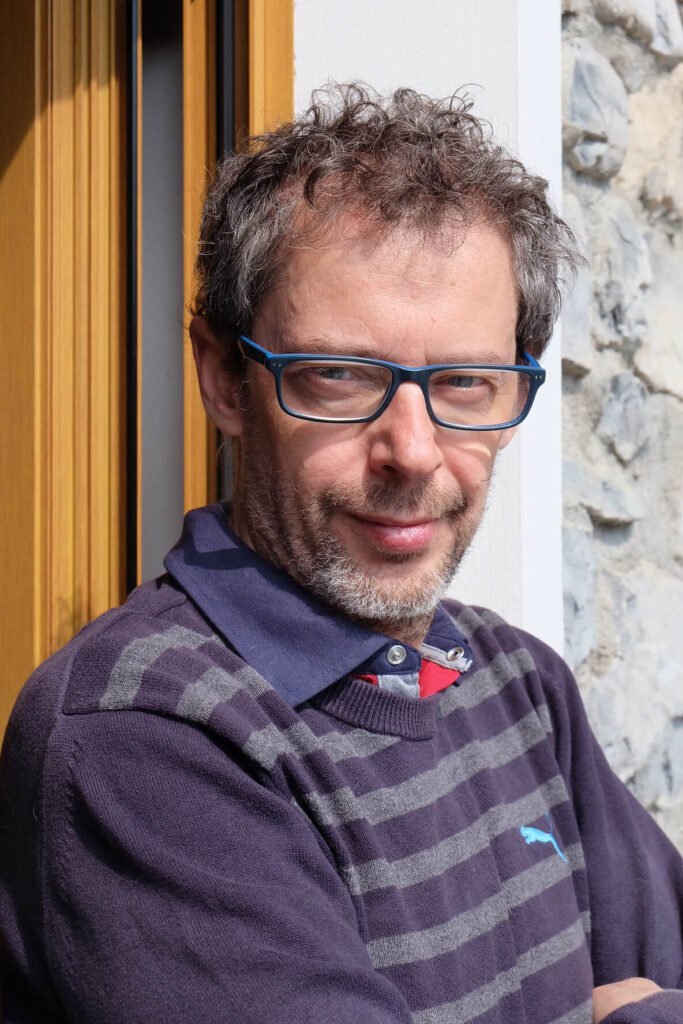
The food industry is constantly evolving, always seeking new solutions to improve the production, preservation, and presentation of products.
A key term in this context is “converting”, a broad concept that refers to transforming raw materials into finished or semi-finished products using advanced technologies and innovative processes.
In this field, converting applies to various materials such as paper, plastic, and metals, which are converted into packaging, labels, and other essential components.
In recent years, technological innovation has pushed converting towards new horizons, making processes more efficient, sustainable, and customizable. Digital technologies, in particular, have profoundly changed how companies manage production.
For instance, digital printing allows for packaging customization according to individual customer needs, minimizing waste and improving product traceability. Companies can respond more rapidly to market demands by producing small batches of specialized packaging.


Another emerging technology in converting is flexographic printing. This process, which uses flexible printing plates to imprint images on various materials, offers high quality and speed, making it ideal for mass production. Flexography is increasingly being integrated with artificial intelligence systems to monitor print quality in real-time and correct defects.
We can’t discuss converting without mentioning sustainability. Growing environmental awareness has led to the development of eco-friendly materials and low impact production processes.

Compostable and biodegradable materials are becoming increasingly popular, as are recyclable packaging solutions. Companies are investing in converting systems that reduce plastic and other harmful substances, focusing on reusable and recyclable products.
A notable example is the growing use of paper and cardboard as plastic substitutes in many packaging applications.
Another interesting trend in food converting involves the use of automation and robotics. Vision systems can identify packaging defects, improving quality control. Meanwhile, collaborative robots (cobots) are starting to work alongside human operators to speed up packaging processes, reducing errors and improving productivity.
Food converting is a rapidly growing field, driven by innovations that make production and packaging processes more sustainable, efficient, and customizable. Companies investing in these new technologies will be ideally positioned to meet increasingly complex consumer demands and maintain a competitive edge in a global market.
